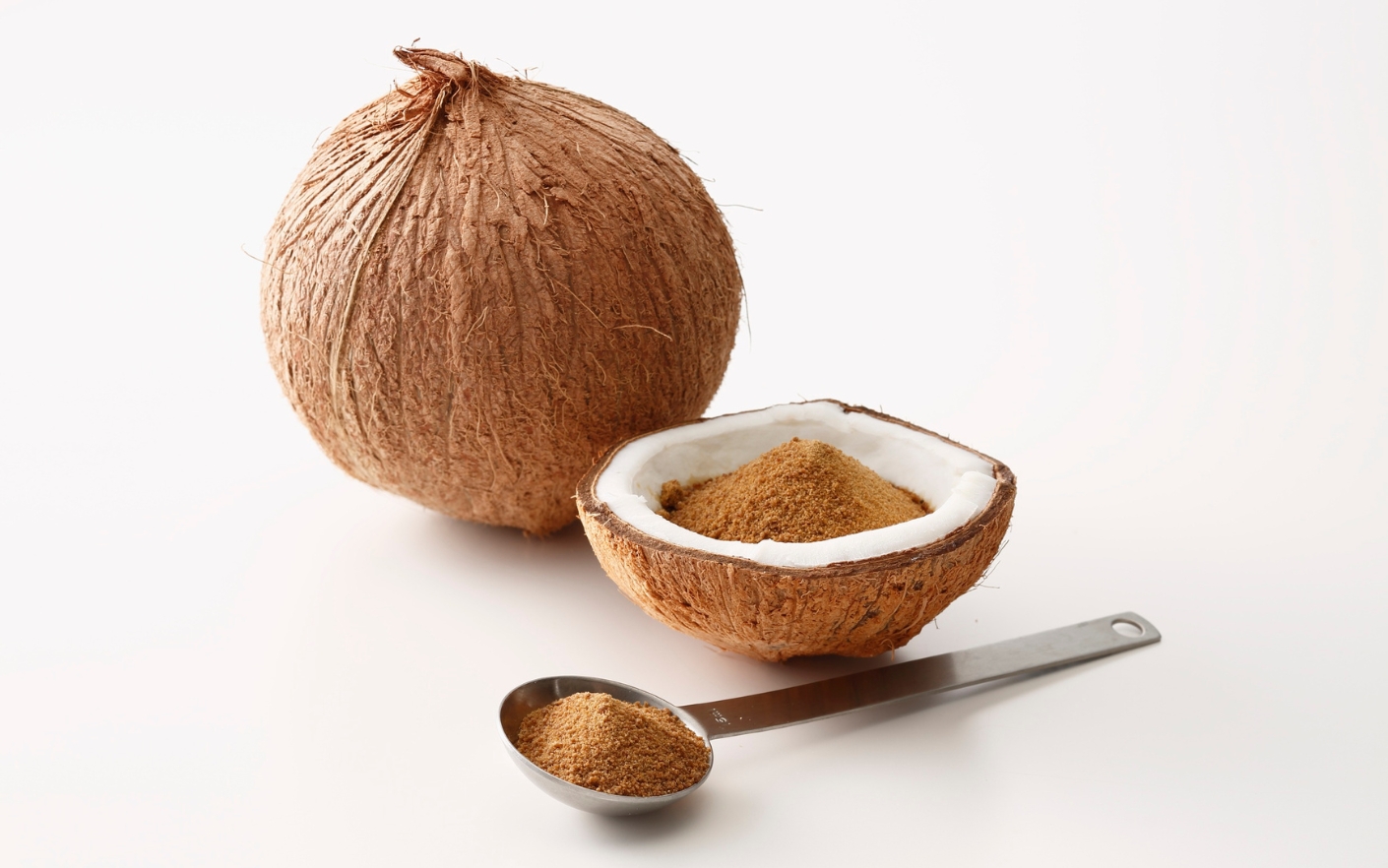Natural Low GI Sweeteners

The baking aisle overwhelms you with sweetener options promising to be "just like sugar." Learn which natural sweeteners genuinely support stable blood sugar while providing satisfying sweetness, which ones are marketing hype, and how to use them successfully in baking, beverages, and desserts without weird aftertastes or digestive issues.
Table of contents
- Why understanding sweeteners matters for blood sugar control
- The science of sweetness and individual glucose response
- Sweetener categories: the good, the okay, and the avoid
- [PREMIUM] Detailed profiles of 15+ natural sweeteners with impact ratings
- [PREMIUM] Conversion charts for substituting sweeteners in any recipe
- [PREMIUM] Advanced combination strategies for optimal taste
- [PREMIUM] Troubleshooting guide for common sweetener challenges
Why understanding sweeteners matters for blood sugar control
Different sweeteners affect your glucose levels in dramatically different ways. Some have virtually no impact on blood sugar, others cause spikes similar to table sugar, and some can even help improve glucose tolerance over time.
But glycemic impact is just one factor - you also need sweeteners that taste good, work in recipes, and don't cause digestive upset. The goal isn't finding a perfect sugar replacement, but understanding which sweeteners work best for different purposes.
You've probably tried sweeteners that promised to be "just like sugar" only to discover they taste metallic, don't bake properly, or spike your blood sugar anyway.
The science of sweetness and individual glucose response
Understanding how different sweeteners work in your body helps you make better choices:
- Sugar alcohols: Provide sweetness with minimal blood sugar impact but can cause digestive issues in large amounts
- Natural intense sweeteners: Extremely sweet with no calories or blood sugar impact, but can have aftertastes
- Whole food sweeteners: Contain nutrients along with natural sugars, but still affect blood sugar
- Combination approaches: Using multiple sweeteners together often works better than relying on just one
Your individual response can vary based on gut microbiome, insulin sensitivity, and taste preferences, so some experimentation is usually necessary.
Sweetener categories: the good, the okay, and the avoid
Excellent for blood sugar control:
- Stevia (pure leaf extract)
- Monk fruit (pure extract)
- Erythritol
- Allulose
Use moderately:
- Xylitol
- Coconut sugar (small amounts)
- Raw honey (minimal amounts)
- Pure maple syrup (minimal amounts)
Generally avoid for blood sugar control:
- Agave nectar (higher fructose than corn syrup)
- Brown rice syrup
- Coconut nectar
- Date syrup (in large amounts)
Become a member to access
Get instant access to:
- Detailed profiles of 15+ natural sweeteners with blood sugar impact ratings and usage tips
- Conversion charts for substituting sweeteners in any recipe successfully
- Taste comparison guides to help you find your preferred options quickly
- Baking and cooking techniques for different sweetener types and applications
- Digestive tolerance strategies for sensitive individuals and sugar alcohol issues
- Cost analysis and sourcing guide for finding high-quality sweeteners affordably
- Troubleshooting guide for common sweetener challenges and recipe failures
- Advanced combination strategies for optimal taste and blood sugar control
Complete Natural Sweetener Guide
Excellent Choices for Blood Sugar Control
Stevia (Pure Leaf Extract) Sweetness level: 200-300 times sweeter than sugar Blood sugar impact: Zero Best uses: Beverages, smoothies, no-bake desserts Taste profile: Clean sweetness with potential slight bitter aftertaste Usage tips:
- Start with tiny amounts (1/8 teaspoon = 1 cup sugar sweetness)
- Look for pure stevia extract, avoid products with added fillers
- Works best combined with other sweeteners
- Liquid stevia often tastes better than powder in beverages
Conversion: 1 cup sugar = 1 teaspoon pure stevia extract Pros: No blood sugar impact, highly concentrated, shelf-stable Cons: Can have aftertaste, doesn't provide bulk in baking Best brands: SweetLeaf, Now Foods, Trader Joe's organic
Monk Fruit (Luo Han Guo) Sweetness level: 150-200 times sweeter than sugar Blood sugar impact: Zero Best uses: Baking, beverages, general sweetening Taste profile: Clean, sugar-like sweetness with minimal aftertaste Usage tips:
- Often sold blended with erythritol for easier measuring
- Pure monk fruit is extremely concentrated
- Excellent for people who find stevia too bitter
- Works well in both hot and cold applications
Conversion: 1 cup sugar = 1-2 teaspoons pure monk fruit extract Pros: Excellent taste, no blood sugar impact, stable at high temperatures Cons: Expensive, hard to find pure versions Best brands: Lakanto, Health Garden, Anthony's




